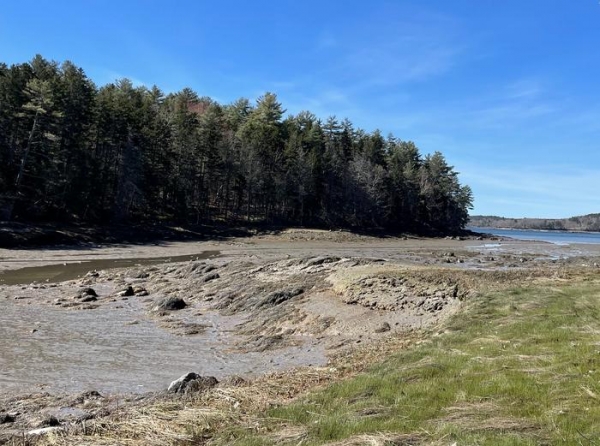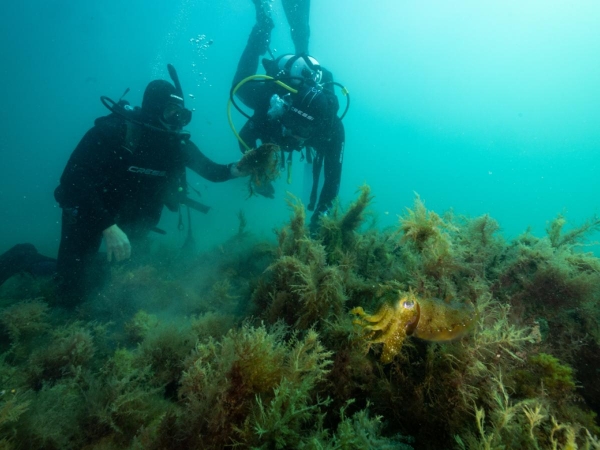As the U.S. Environmental Protection Agency cracks down on insidious “forever chemical” pollution in the environment, military and commercial aviation officials are seeking ways to clean up such pollution from decades of use of fire suppressant foams at military air bases and commercial airports.
articles
Transformation of Ocean Management Is Underway, Study Finds
Marine ecosystem-based management (EBM) is a growing practice of ocean stewardship and conservation that offers benefits to the production of healthy, local food and the preservation of clean water, as well as recreation, habitation and storm protection in the Gulf of Maine and beyond.
Heavy Snowfall and Rain May Contribute to Some Earthquakes
When scientists look for an earthquake’s cause, their search often starts underground.
Marine Bacteria Team up to Produce a Vital Vitamin
Two species of marine bacteria from the North Sea have established an unusual and sometimes destructive relationship to produce the important vitamin B12.
Saturated Soils Could Impact Survival of Young Trees Planted to Address Climate Change
The saturated soil conditions predicted to result from increased rainfall in the UK’s upland regions could have a knock-on effect on the ambition to create more woodland in the fight against climate change, a new study has found.
Rapid Oyster Reef Restoration Gives Hope for Repairing the Sea
After a century of functional extinction on the Australian mainland, a Flat oyster reef has been successfully restored along a metropolitan Adelaide coastline.








